National Care Service evidence paper: equality in adult social care in Scotland - easy read
This easy read summary provides an overview of evidence related to equality in adult social care in Scotland. It is part of a collection of contextual evidence papers, setting out key sources of information about social care and related areas in Scotland.
Adult social care in Scotland – information about equality
People who:
- get social care
- are unpaid carers
- are social care workers
are a mix of different kinds of people.
They have many different needs and experiences.
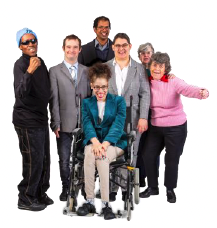
In 2020, 3 out of every 4 people getting social care support and services in Scotland were aged 65 and older.
3 out of every 5 people getting social care services were female.
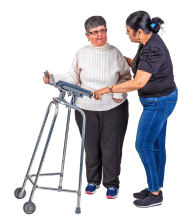
People of all ages get social care support.
There are now more people of all ages getting adult social care services in Scotland.
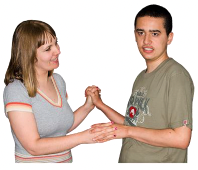
Women are more likely than men to give regular unpaid care.
An unpaid carer is anyone who cares for a friend or family member who cannot cope without their support.
People of any age can be unpaid carers.
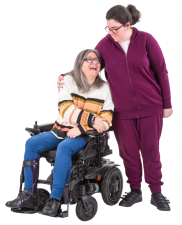
1 in every 10 people aged between 16 and 44 are carers.
3 in every 10 people aged between 45 and 64 are carers.
2 in every 10 people over 64 years old are carers.
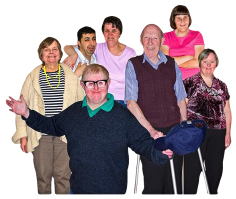
In 2020 most adult social care staff were female.
Social care workers are usually older than workers in other job areas.
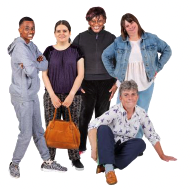
There are not enough facts or information about the experiences of people from protected characteristic groups.
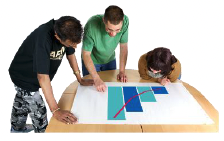
You can find out more about protected characteristics in this Easy Read document.
We need more information about people who have changed their gender, and on religion or belief.

Some groups have been really challenged by the Coronavirus pandemic including:
- older people
- disabled people
- people who were told to shield
Copyright images © Photosymbols. Prepared by Disability Equality Scotland
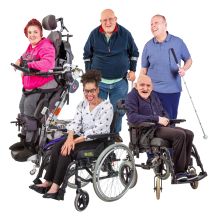
Contact
Email: SWstat@gov.scot
There is a problem
Thanks for your feedback